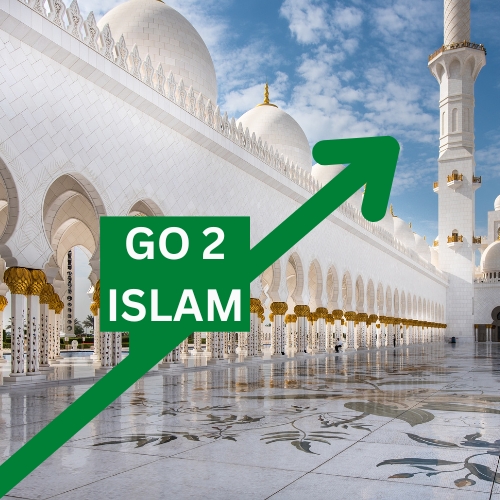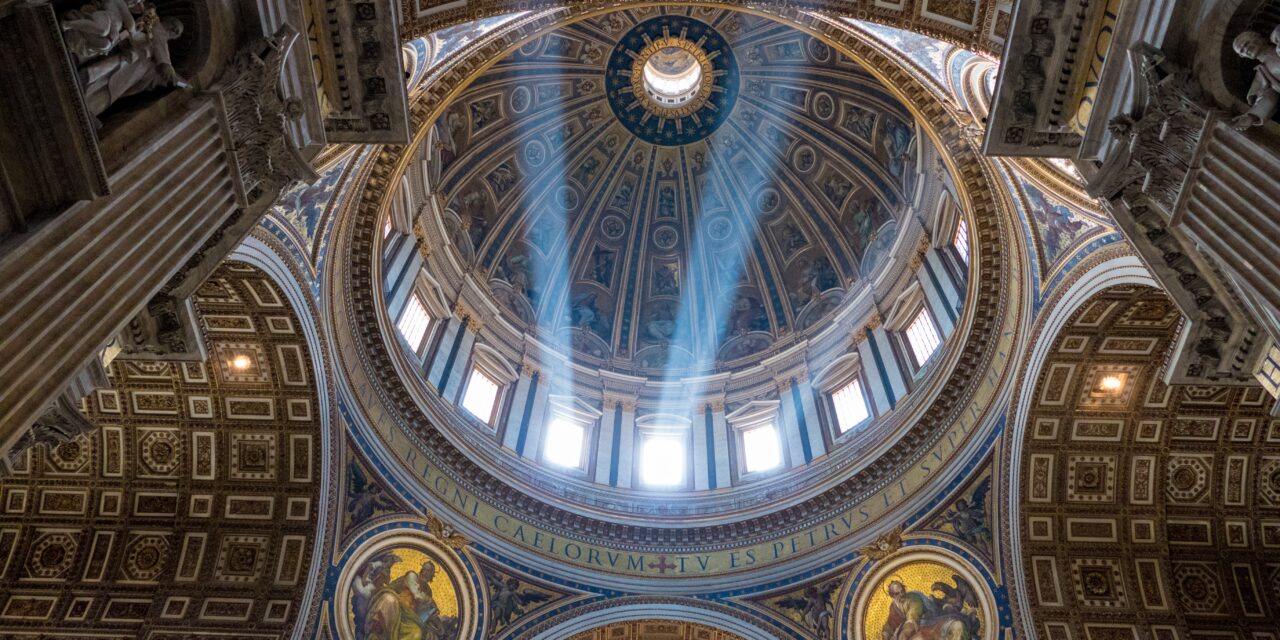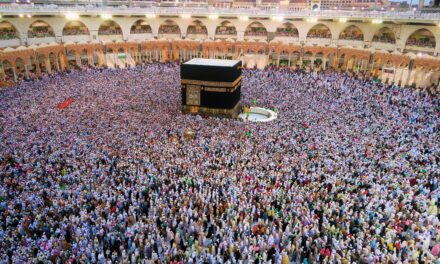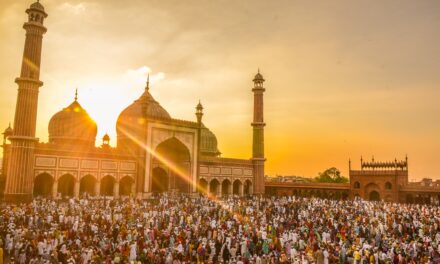- 570 AD: Muhammad (pbuh) is born in Mecca.
- Orphaned at a young age and raised by his uncle.
- Works as a merchant and known for his honesty and integrity.
- At the age of 40, begins receiving revelations from Allah through the angel Gabriel.
- 613 AD: Begins preaching the message of Islam in Mecca.
- Faces opposition from the Meccan leaders.
- 622 AD: Migrates to Medina with his followers, known as the Hijra, marking the start of the Islamic calendar.
- Establishes the first Islamic state and society in Medina.
- 624 AD: Engages in first battle with Meccans at Badr.
- 628 AD: Signs treaty of Hudaybiyyah with Meccans.
- 630 AD: Conquers Mecca.
- 632 AD: Death of Muhammad (pbuh) and the Arabian Peninsula is largely united under Islam.
- 632 AD: After the death of Muhammad (pbuh), the Muslim community (Ummah) elected Abu Bakr as the first caliph of Islam.
- 634 AD: Abu Bakr launches the Ridda Wars to suppress a rebellion by Arab tribes that refused to accept his rule.
- 634-644 AD: Umar ibn al-Khattab, the second caliph, expands the Islamic empire through military conquests, including Egypt, Iraq, and Persia.
- 644-656 AD: Uthman ibn Affan, the third caliph, standardizes the Quran and continues the expansion of the empire.
- 656-661 AD: Ali ibn Abi Talib, the fourth caliph, faced opposition and internal conflicts, known as the First Fitna.
- 661-750 AD: The Umayyad dynasty, led by Muawiyah, takes control of the empire and moves the capital to Damascus.
- 732 AD: The Umayyads are defeated by the Abbasids in the Battle of the Zab, leading to the fall of the Umayyad dynasty and the rise of the Abbasid Caliphate.
- 9th century AD: Under the Abbasid Caliphate, the Islamic empire reaches its golden age, with advancements in science, literature, art, and architecture.
- 10th century AD: The Islamic empire begins to decline and split into various independent dynasties and states.
- 1258 AD: The Mongols sack Baghdad and bring an end to the Abbasid Caliphate.
- 1453 AD: The Ottoman Empire, led by Mehmed II, captures Constantinople and establishes itself as a major world power.
- 18th century AD: The Ottoman Empire begins to decline and loses territory to European powers through a series of wars.
- 1924 AD: The Ottoman Empire is dissolved by the Republic of Turkey, led by Mustafa Kemal Ataturk.
- The Islamic civilization continues to influence the world through its art, architecture, literature, science, and law.
- Today, Islam is the second-largest religion in the world, with over 1.8 billion followers.
- Today, Prophet Muhammad (pbuh) is considered the final prophet and messenger of God according to Islamic belief, and his teachings are recorded in the Quran, the holy book of Islam.
- His life and teachings continue to inspire and guide Muslims around the world, and his legacy is celebrated during the annual observance of the Prophet’s birthday, known as Mawlid.
- Many Islamic institutions and organizations, such as mosques, madrasas, and charities, are built in his honor, and his teachings are studied and followed by millions of Muslims.
- Many Muslims also visit the city of Mecca, where Prophet Muhammad (pbuh) was born and raised, to perform the annual Hajj pilgrimage, as well as visit the Prophet’s Mosque in Medina, which is considered one of the holiest sites in Islam.
- Muhammad’s life, teachings, and legacy continue to shape the Islamic faith, culture and society.
In conclusion, the life of Prophet Muhammad (pbuh) played a significant role in the formation and spread of Islam. Born in Mecca in 570 AD, he lived a life of simplicity and honesty before beginning to receive revelations from Allah at the age of 40. He faced opposition while spreading the message of Islam in Mecca, but ultimately migrated to Medina with his followers and established the first Islamic state and society. His leadership, teachings, and military conquests led to the unification of the Arabian Peninsula under Islam. After his death, his followers continued to expand the Islamic empire and establish a powerful and influential civilization. Today, Prophet Muhammad (pbuh) is revered and honored by Muslims worldwide as the final prophet and messenger of God, and his teachings continue to guide and inspire the Islamic community.



